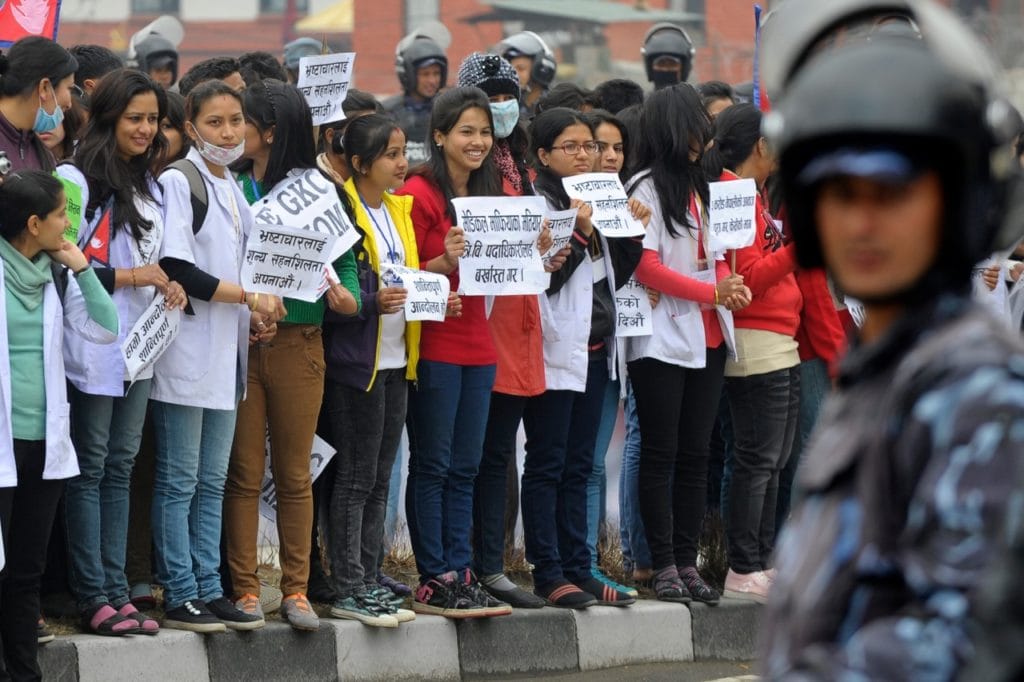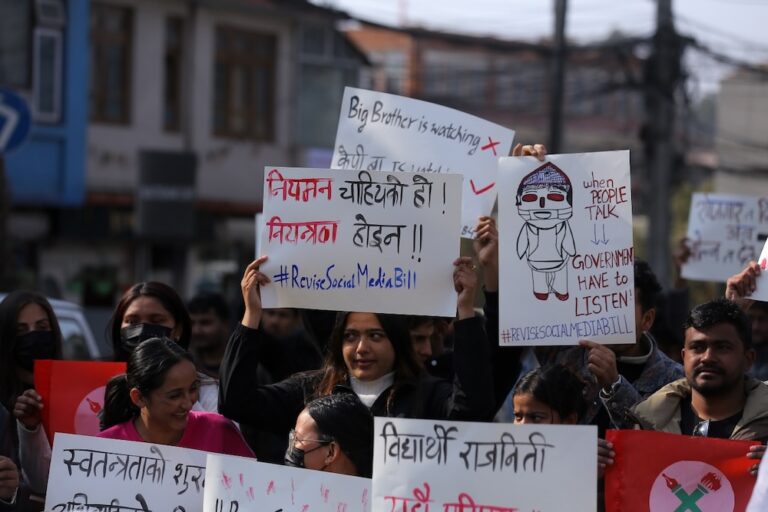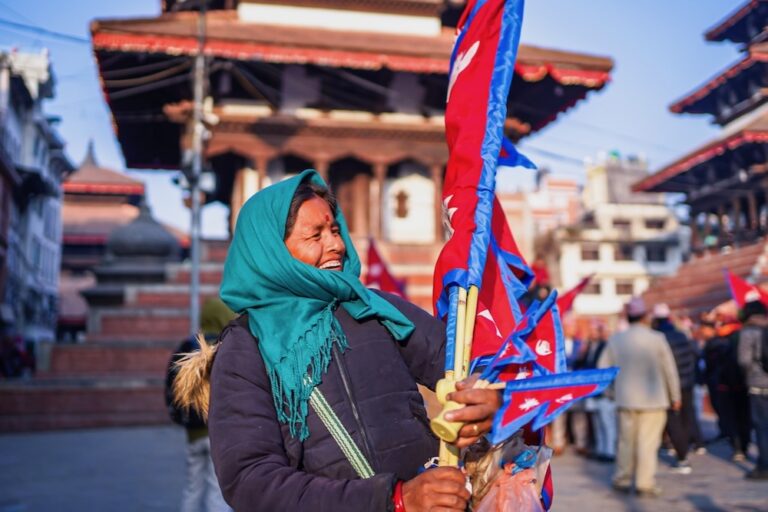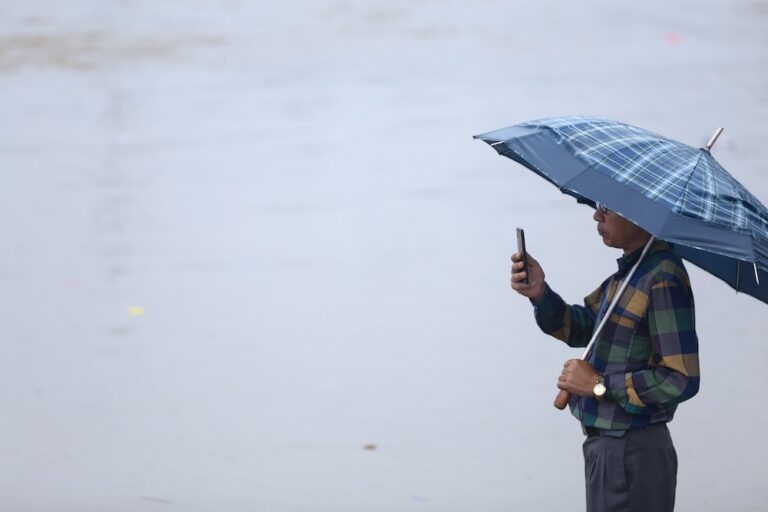A video of a satirical song uploaded on YouTube demanding good governance and an end to corruption in Nepal was withdrawn by the singer two days after its release.
A satirical video of a song uploaded on YouTube demanding good governance and an end to corruption in Nepal was withdrawn by the singer two days after its release on 16 February 2019.
Popular folk singer Pashupati Sharma pulled out the viral song Lutnasake lut kanchha (Loot, loot, brother, loot as much as you can!) after the youth wing of the ruling Nepal Communist Party (NCP) – Youth Federation Nepal – issued a circular addressed to its cadres to protest against the song by Sharma in all districts across the country.
After the Youth Federation’s circular, Pashupati Sharma wrote on Facebook that he was lifting the video of the song for some time because some friends expressed concern over some words in the song. He thanked the large number of viewers, including those who are against irregularities and malpractices afflicting the country.
The Federation’s circular has clearly panicked the singer and has alarmed broad segments of the public.
The song is an obvious reminder of some notorious cases of corruption and bribe-seeking which were exposed in Nepal in recent times. Whether it is the financial irregularities by the government or other public institutions, the video has decried these and ironically encourages a ‘kanchha’ (brother!) to loot and plunder as much as he can as he’s free and allowed to do it in Nepal!’
The song clearly signals the horrifying and reeking corruption and bribe-seeking in Nepal. Many people were able to connect to the song’s message with the luxurious lifestyle of some public officials while ordinary citizens face daily hardships.
To this, Freedom Forum Executive Chief, Mr Taranath Dahal observes, “At a time when the government has recently earned an ill-reputation over the Information and Technology Bill that has blatantly curtailed freedom of expression online, deleting the popular satirical song has exposed the government’s fear over its citizens, and fear over citizens’ right to freedom of expression. It is a brazen attack and intolerance the government is showing to the practitioners of freedom of expression. The growing attacks on FoE both in laws and practices show Nepal’s democracy is exposed to threats day by day.”
“Deleting the video of the song further signals that there is no space for people with critical views; anyone criticizing the government and public officials becomes an easy target; there is no space for criticism in Nepal,” Taranath Dahal added.



